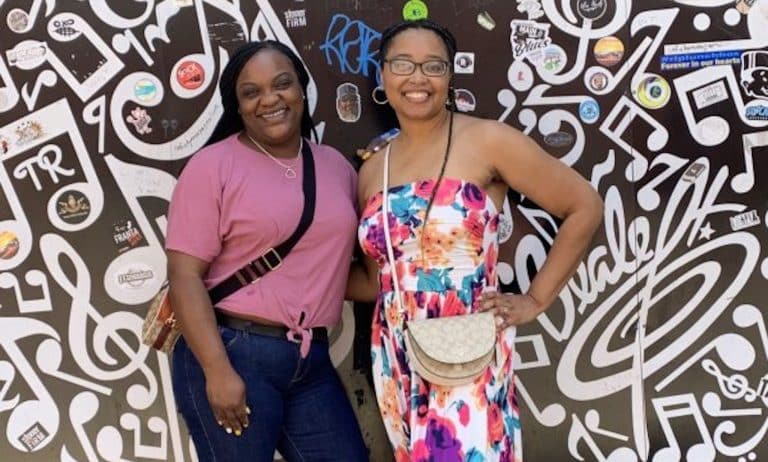Does Divorce Skip a Generation?
“I hope I don’t repeat my parents’ mistakes.”
How many times have we said this? How many times have we looked at our parents—just like we should—as examples of what to do and what not to do?
A lot of us talk about not wanting to work as much as our parents did. Or wanting to finish college when our parents didn’t. Or maybe we even resolve to live a much healthier lifestyle than our parents.
And what about divorce? It certainly affects a large number of us—according to the American Psychological Association, 40 percent to 50 percent of marriages in the United States end in divorce. As a child of divorced parents myself, I recall being determined from a very young age to never go through my own divorce. If your parents are divorced, I bet you’ve felt the same way. And I think this is the case whether your parents are friendly or at each other’s throats, and whether they divorced when you were a toddler or in high school.

Based on my own situation, and in observance of many others, I’m starting to believe that divorce is likely to skip a generation. Some of us are so traumatized by our parents’ divorce that we have a million more ounces of determination to make our own marriages work. Or maybe we decide to not get married at all—which, of course, takes divorce off the table. Even if your parents were civil throughout their separation, chances are you didn’t grow up wanting the same arrangement for yourself.
I also think the opposite is true, and I’ve seen this play out in many of my friends’ and family members’ relationships. If your parents’ marriage is happy, loving, and ultimately ideal, it might be difficult for you to find a satisfactory mate in life. It seems to me that those who come from perfect homes with perfectly blissful parents often have a hard time settling down. They either don’t get married at all, or they wait until way later in life. They also might experience more complications and disappointment in their relationships as they are constantly striving for an exceptional relationship like their parents had (or seemed to have).
So, is divorce likely to become a cyclical occurrence? If your parents were divorced, you do whatever you have to do to keep your marriage happy and together. Then, your children see your loving, happy marriage, and that sets them up for disappointment in their own relationships, perhaps sending them down the road toward divorce.

Are we all living on one side of the spectrum or the other—either avoiding the mistakes of our parents or striving to repeat their successes? I know it’s definitely not that cut and dry; however, I’ve seen this phenomenon play out enough that it has caused me to repeatedly ponder whether divorce actually skips a generation, so to speak.
If indeed our feelings about divorce are cyclical, it’s not like we will do anything to stop the cycle. If my theory actually holds up, it would require sabotaging your own relationships to ensure that your children have successful ones. And that’s just silly. Not to mention that you’d also be setting your grandchildren up to fail.
Just something to think about. Look around and see if you see this happening in your circles. I guarantee you’ll find examples everywhere. And if you’re happily married, let’s hope I’m wrong for the sake of your children’s future relationships. I know I do.









I believe we either learn from our parents – good and bad – or we don’t and have to map our own course although either way we should do that. I don’t believe it’s a divorce or no divorce situation. I believe it’s realizing true happiness, no matter what and that means different things for different people. My mother and father’s divorce was later than it should have been and that had horrible repercussions. It wasn’t the actual divorce that was the problem. I vowed to not do that to my children so i divorced 3 times because I chose badly. I have finally discovered who i am and why i made those choices. I am happily single and will only commit again to someone worthwhile. My children are truly happy – 23, 11 and 9, and that’s likely because in the end i did it for them. There’s no way my happiness isn’t connected to theirs and vice versa.